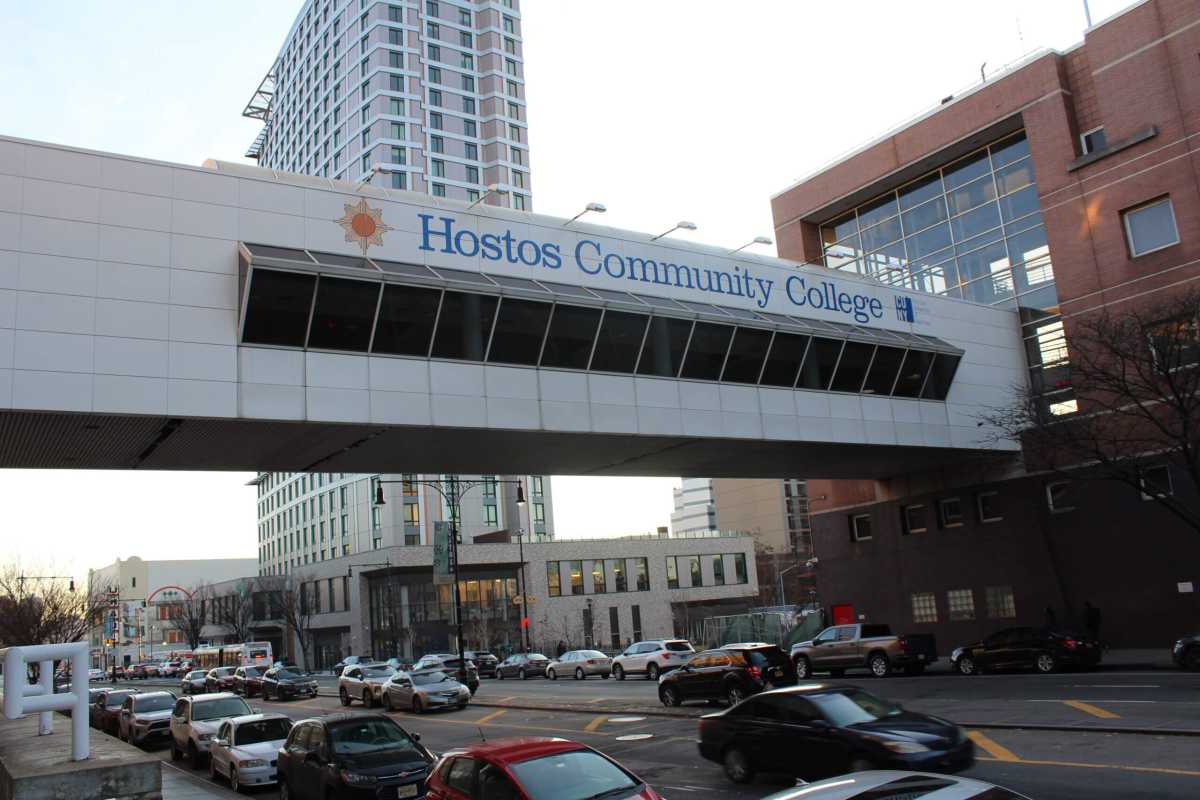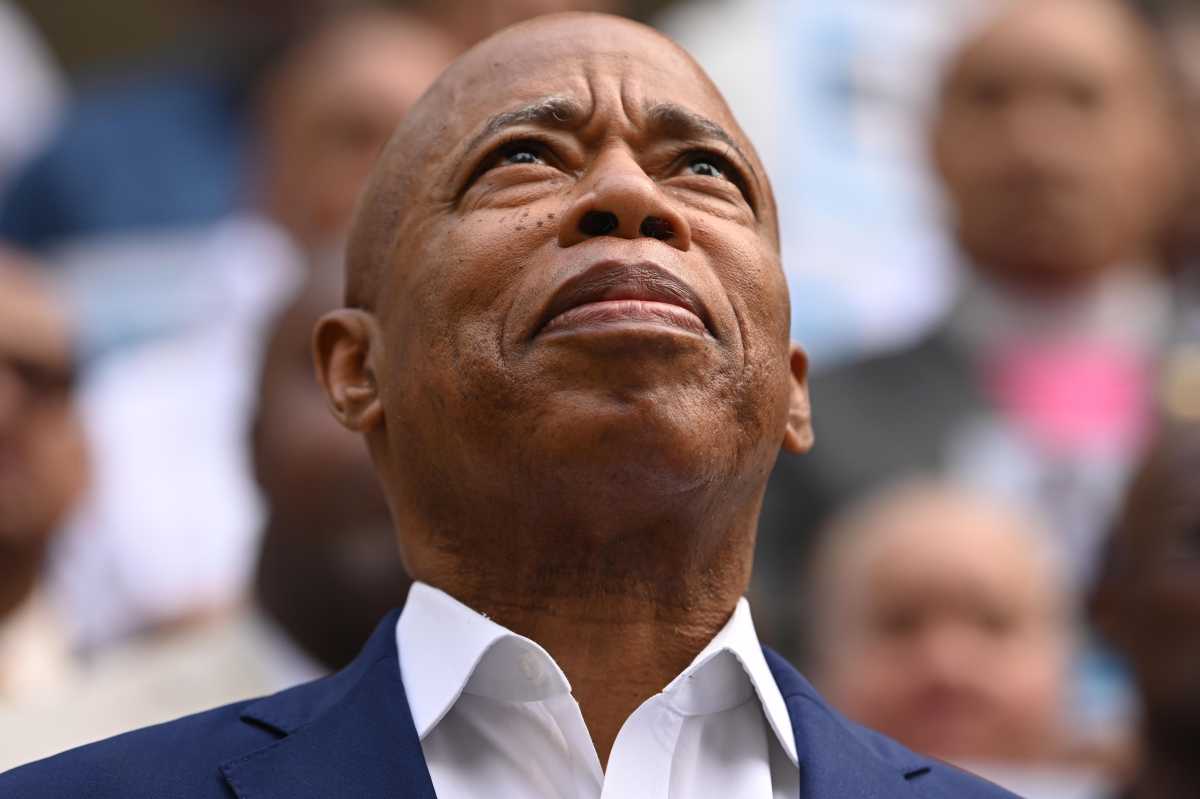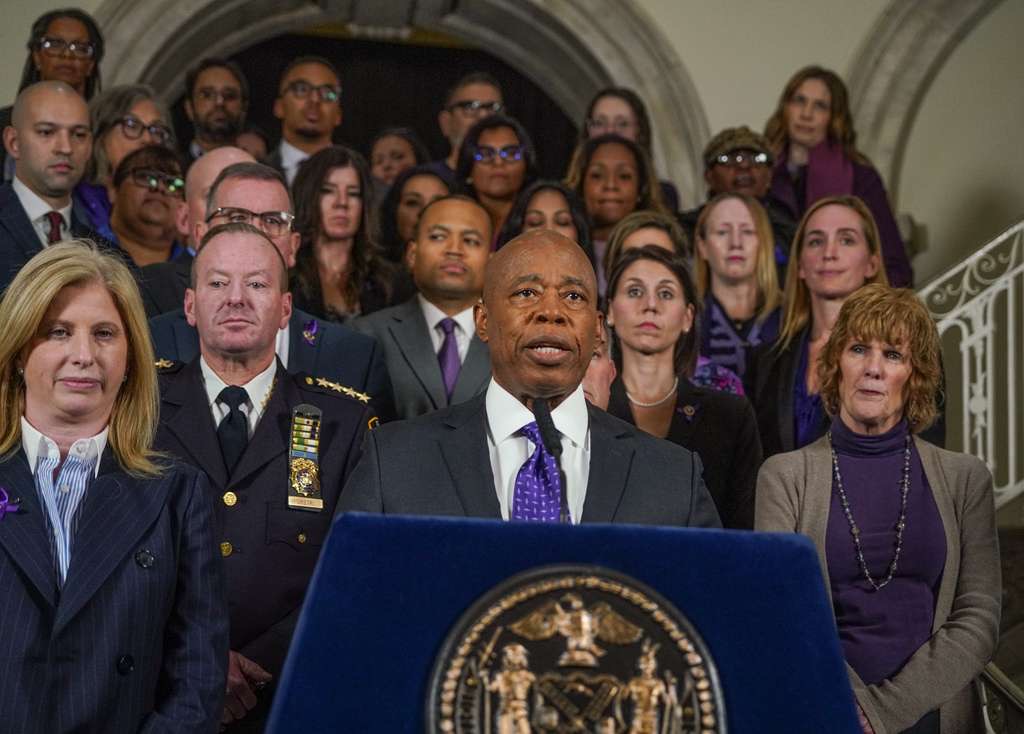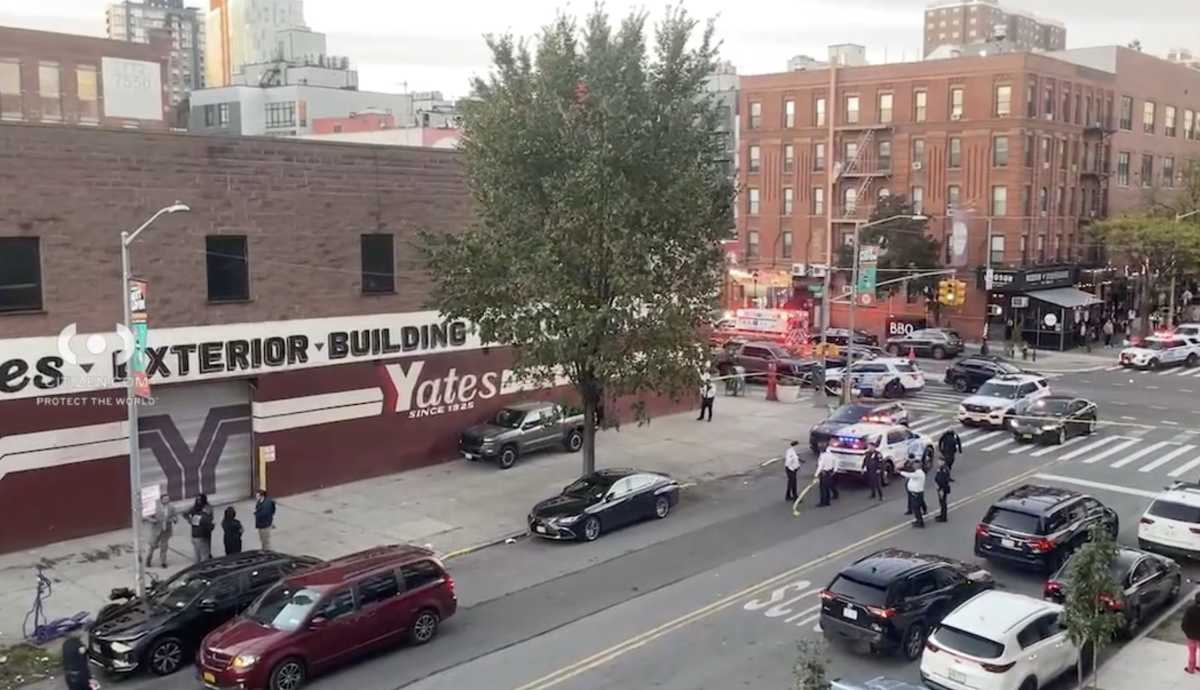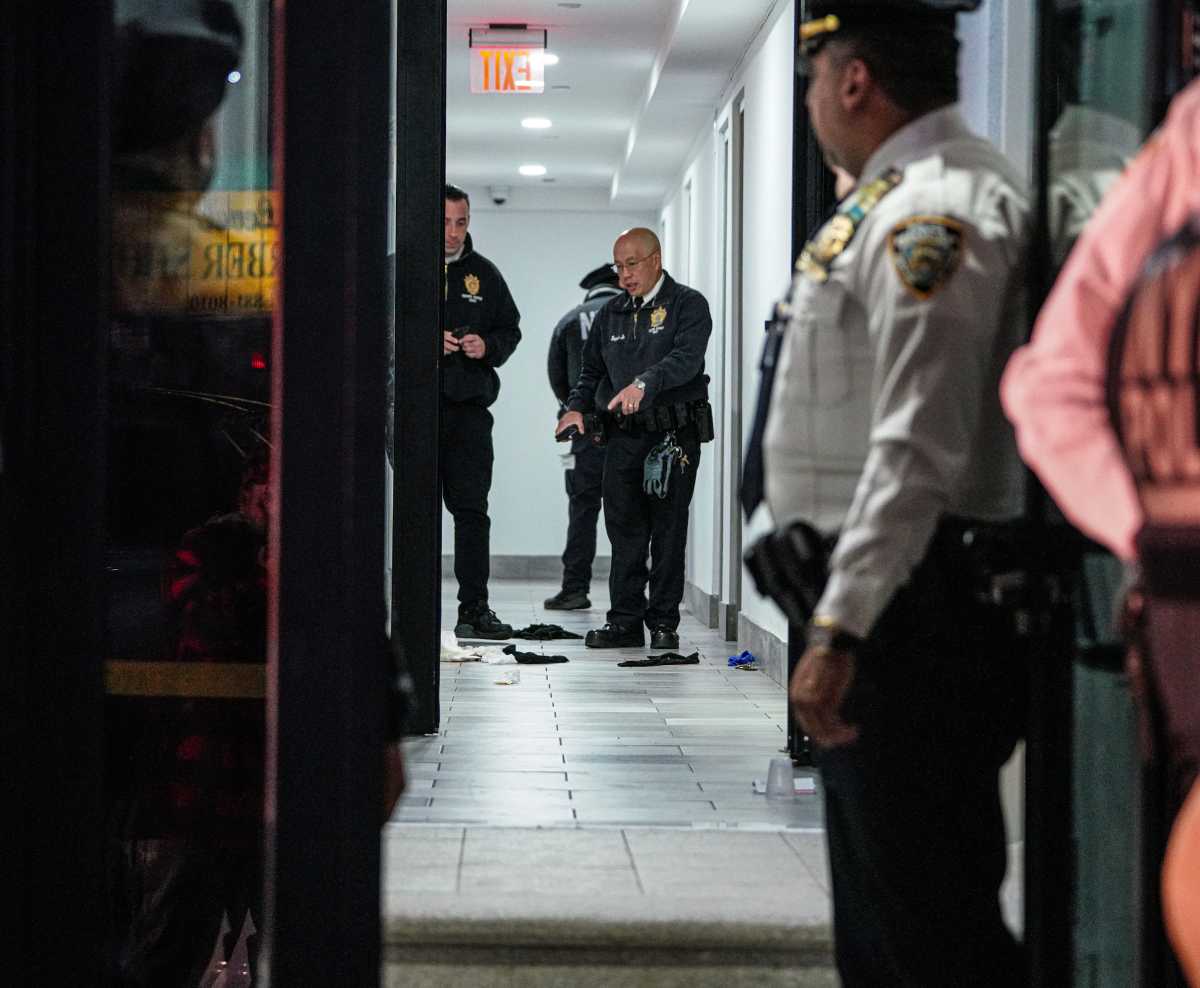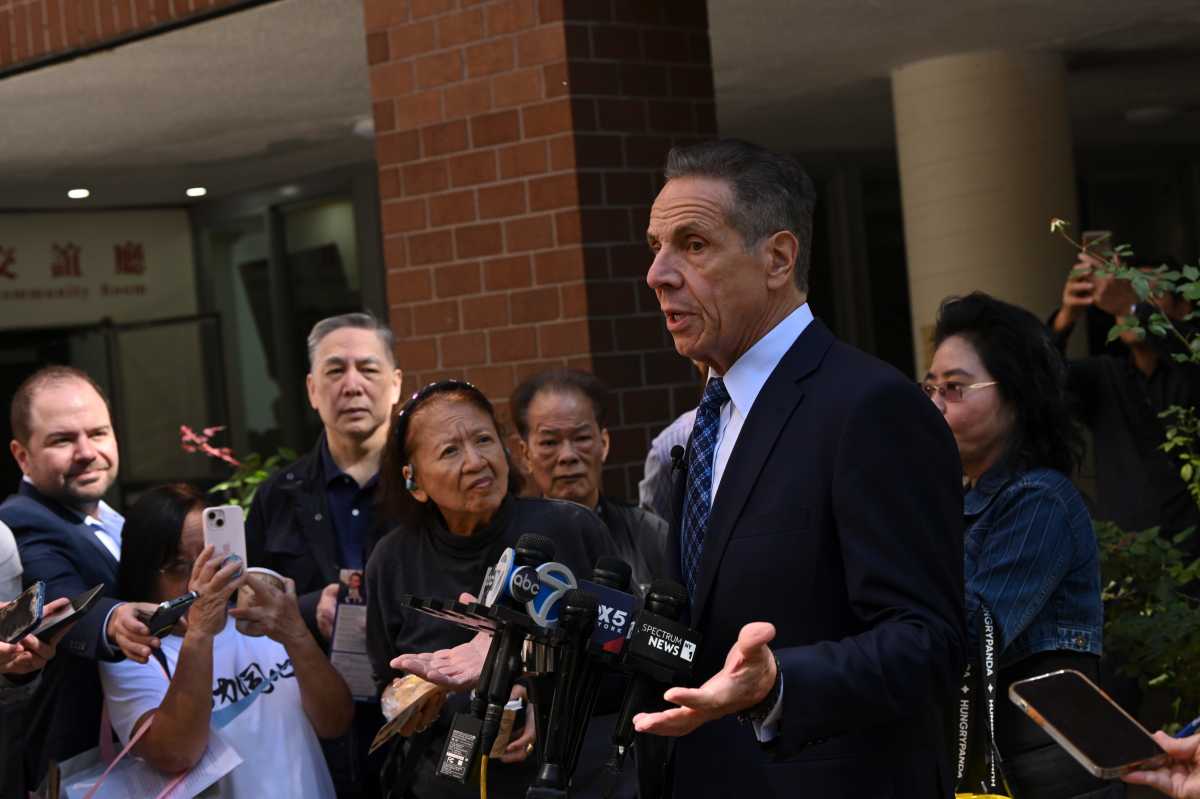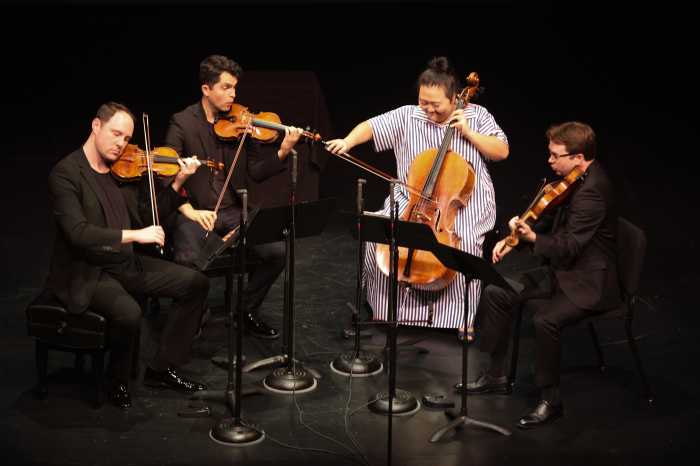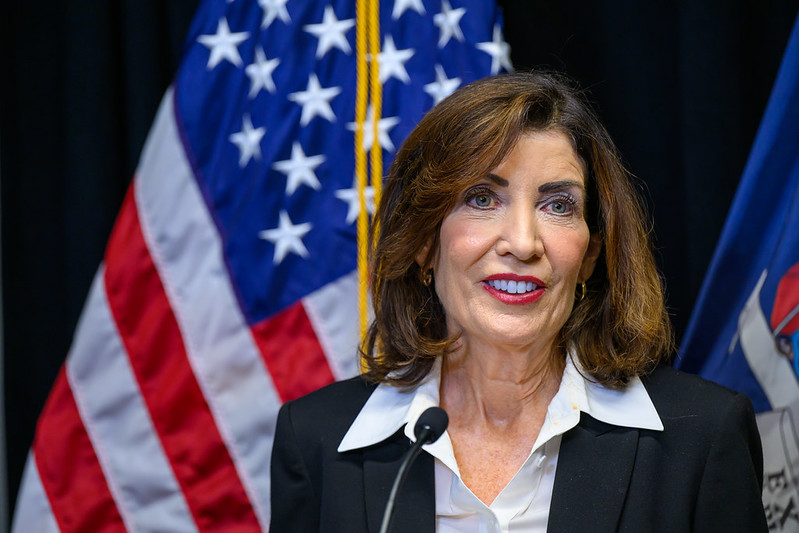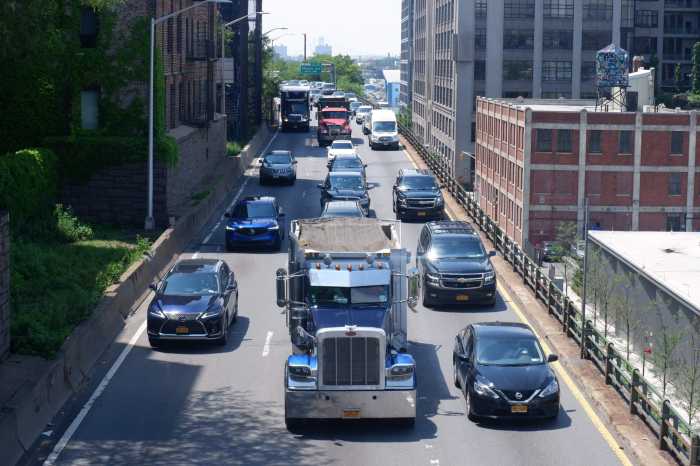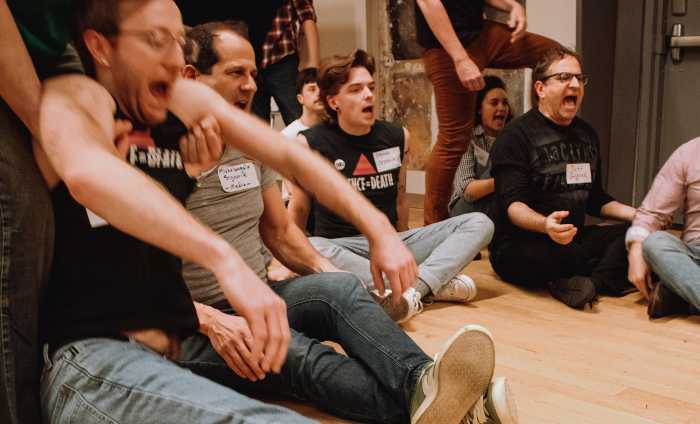The federal government is getting serious about accountability in higher education — and it couldn’t come at a better time.
On Oct. 1, 2.5 million New Yorkers resumed making payments on nearly $95 billion in cumulative student loan debt. It’s not an exaggeration to say that some borrowers will have to make the hard choice between reducing essential expenses like food and utilities or defaulting on their loan. Some may even be forced to set aside their dreams of home ownership or will need to delay retirement.
Too many students are upside down, with a loan debt hole that their income can’t dig them out of. To protect against this, the Biden-Harris Administration established safeguards. The Gainful Employment (GE) rule aims to protect around 700,000 students each year from career training programs that would leave them saddled with unaffordable loan payments, while the Financial Value Transparency (FVT) framework intends to provide learners with detailed information about the net costs and expected financial outcomes of postsecondary programs.
This means that starting next summer, for-profit colleges and non-degree certificate programs must prove they are a sound investment to their students or lose access to federal aid for enrolled students. They also need to show that a majority of their graduates are earning more than working adults with only a high school diploma in their state.
This is excellent news for both students and for community colleges that have been experiencing declining enrollments across the country. They stand ready to serve as the first entry point to earning a college degree for many.
Community college degree programs are often tied to local workforce opportunities. Most students have little to no debt. Adjusting for inflation, the average cost of attending community college has increased only $250 over the past decade. Yet these same schools have been hit hardest by plummeting enrollments, which are only recently leveling off after the pandemic.
Now is the perfect time for all of us involved in education — including local elected officials and nonprofit organizations — to elevate the good work of community colleges, which are responsible for some of the most innovative career-focused ideas in education.
At Bronx Community College (BCC), the commitment to student success extends beyond conventional classroom education. The Cooperative Work Experience (CWE) program exemplifies this commitment by offering students more than just an internship — it serves as a transformative link between academic pursuits and meaningful careers.
CWE is all about turning regular classrooms into practical spaces where students don’t just study theories but use them in a job-like setting in the fields of accounting, computer information systems, marketing management, paralegal and office administration and technology.
By thinking outside the box, BCC is reaching students in new ways — getting those who have been historically underserved in college and on a path toward a thriving-wage job.
The State University of New York (SUNY) system has not been idle either. SUNY recently made a significant announcement, adopting the trajectory-altering Accelerate Study in Associate Programs (ASAP), originally pioneered at City University of New York. This program provides a holistic ecosystem of personal support, including significant financial help for tuition, textbook costs and other expenses.
Over the last three years, graduation rates have doubled for the 88,000 students attending community colleges in New York City — and ASAP has played a major role in this trend. With its expansion to 24 additional SUNY campuses, efforts to replicate it in other states, and support from the Lumina Foundation, ASAP is poised to redefine higher education outcomes at tremendous scale.
Community colleges are rethinking transfer options, too. Partnering with an online, competency-based school like Western Governors University helps to keep students, who are often working adults, on a path to a four-year degree. Attaining a bachelor’s degree is directly tied to income potential, increasing a person’s likelihood of making at least $48,000 per year.
And that’s the key. Results ultimately matter most. The federal government is stepping in to ensure students are pursuing programs that provide a reasonable chance to build a better life.
Colleges and universities should be stewards of students’ investments — these individuals are taking a big chance on themselves and their futures. But some are pushing students toward a degree that doesn’t provide a return, coupled with debt they won’t be able to pay back. That’s helping them slide backward, not move forward.
Too many in the U.S. are facing that predicament today. By uplifting community colleges, and keeping our focus on provable outcomes, we can turn the tide and change the narrative surrounding higher education.
Federal accountability regulations will ultimately benefit students and graduates. Let’s leverage this moment both to improve universities’ programs, and to bolster longstanding educational institutions like community colleges — schools providing valuable credentials that employers need for their talent pipelines.
Rebecca Watts serves as a regional vice president for Western Governors University (WGU), a nonprofit, accredited university focused on competency-based learning with more than 3,700 students and nearly 7,000 alumni in New York.
For more coverage, follow us on Twitter, Facebook and Instagram @bronxtimes

